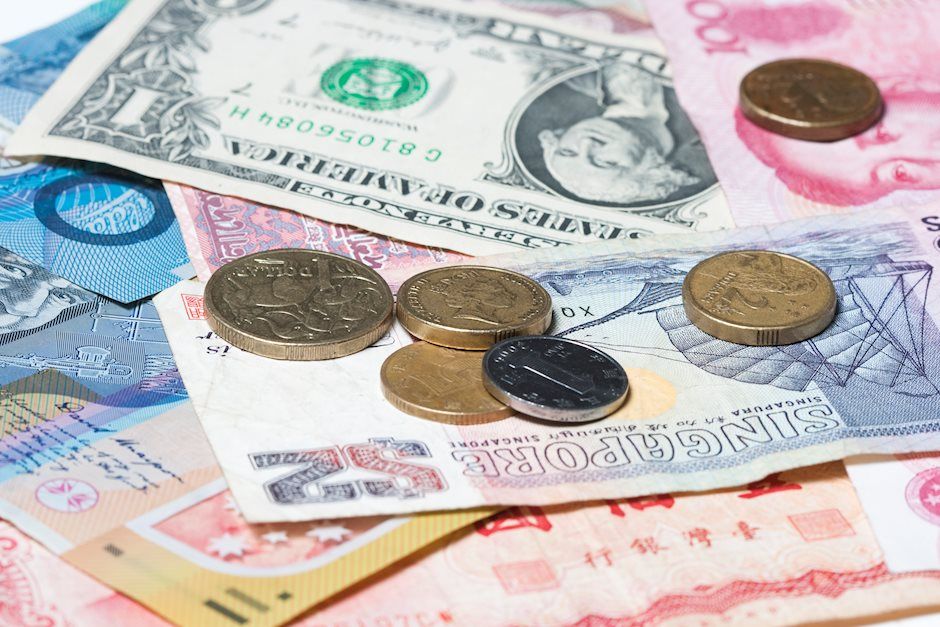Cool Video: Trump Ahead in 2020?

Goldman Sachs opined that President Trump had an edge to win the 2020 presidential election and Fox Business thought it was newsworthy and invited to me join the discussion.
First, I tried playing down the significance of Goldman's call. The markets have anticipated this. redictIt.Org has shown the President to be an easy favorite since the start of the year. Charles Payne, the host, dismissed these results because he said they reflect professional gambler. I don't know if that is true or even relevant (ad hominem?). PredictIt.Org data is taken seriously. It has partnerships with 50 universities, including Harvard, Yale, and the University of Pennsylvania.
Second, the argument from both Goldman Sachs and Fox News Contributor Deroy Murdock anchor Charles Payne is based on economic forecasts. They are linear projections. At the end of the day, large bank economists do not seem to be much better than the Federal Reserve in forecasting a recession. After all, many former Fed officials and economists take their models with them to the private sector. How the economy is doing in April 2019 and how some economists say it will be doing next year does not seem to be a good predictor of the electoral outcome in November 2020.
Moreover, it does not begin to address the issue of the growing disparity of wealth and income. Financial asset owners have done particularly well. CEOs have done well compared to average employees. Payne seems to recognize this and asked about Main Street, but Murdock pushed back against this by essentially arguing that a rising tide lifts all boats.
Payne says the US is experiencing an "economic renaissance," but this seems like hyperbole. It is in the mature stages of a historically long expansion cycle that began in March 2009, a little less than 100-day into Obama's first term. Trump inherited a firm economy that had already surpassed the pre-crisis peak. The trend in oil and fracking also was well in place.
The economy sped up a bit in the middle of the last year but has returned to status quo ante. Payne blames the deficit on too much spending while praising the tax cuts. I see very little that has been left after the wave of fiscal stimulus ebbed, except of course the debt. What Murdock and Payne call deregulation seems to be allowing more harm to be done to the environment (what economists euphemistically call externalities), while the public, workers, consumers are being asked to take on more risk and danger. Caveat Emptor returns!
This is not to say that all regulation is good and necessary. But just like we know that when they say spending cuts, it really means reductions in benefits, we have to recognize that when they say deregulation, it really means shifting risk and weakening protections for the innocents, e.g., drinking water.
A simple economic model of national unemployment rates and economic growth may show the incumbent ahead. The fact that Trump did not get a majority vote and has not reached out to broaden his appeal should make investors hesitant to bet big on the 2020 election outcome. At the same time, it is important to recognize that on many key substantive issues, and despite the populist rheto They quibble mostly over style. ric, Trump has delivered the conservative agenda of tax cuts, deregulation, and the appointment of conservative judges. The President enjoys a high degree of support within the Republican Party. They quibble mostly over style.
Lastly, if the economy is doing so well, why should the Federal Reserve cut interest rates by 50 bp as the President's adviser Kudlow has called for or resume QE as the President has advocated? With inflation (CPI) around 2%, the real Fed funds rate is 40 bp. Given the economic conditions, can this fairly be considered restrictive?
Author

Marc Chandler
Marc to Market
Experience Marc Chandler's first job out of school was with a newswire and he covered currency futures and Eurodollar and Tbill futures.

















